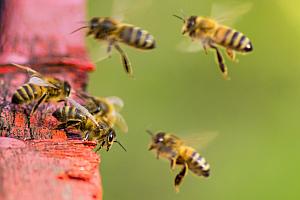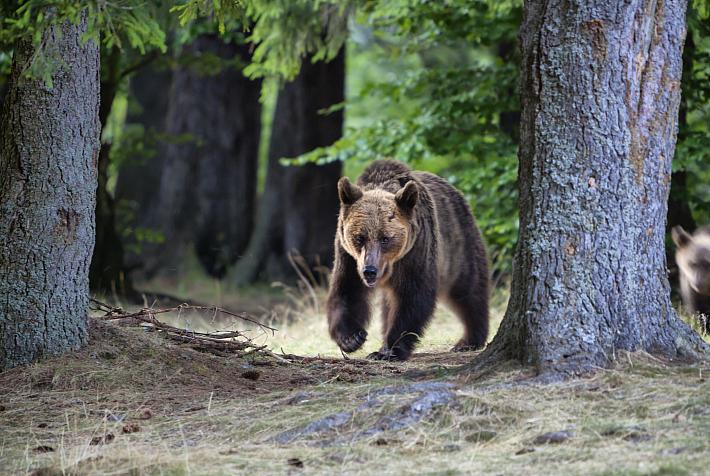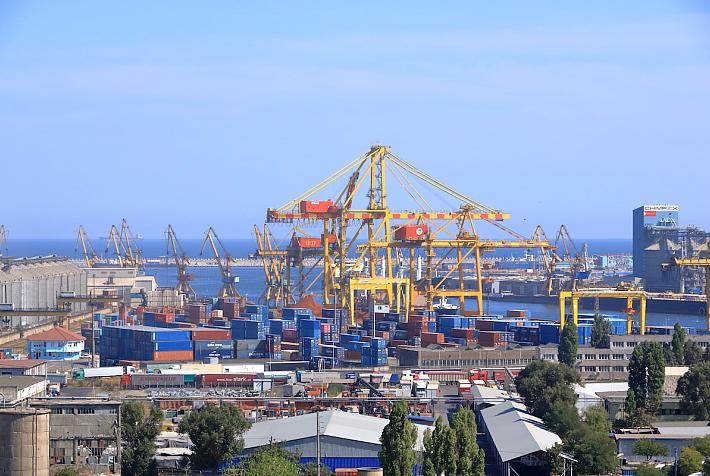Politico: Romania defies EU law by approving banned bee-killing pesticides

The Romanian executive recently granted emergency approvals for banned bee-killing pesticides in clear violation of European regulations, according to the European branch of the well-known US political news outlet Politico.
Specifically, the Romanian ministry of agriculture greenlit the use of Cruiser 350 FS - a neonicotinoid insecticide banned in the EU due to its devastating impact on pollinators.
“This decision directly challenges the landmark January 2023 Court of Justice of the European Union ruling that prohibits such derogations, exposing a growing rift between Bucharest and EU authorities over environmental compliance,” Politico writes.
Romanian farmers, who cited severe pest infestations and economic pressures, can now use the Cruiser 350 FS for maize and sunflower crops in 2025.
The article mentions that farmers "in southern and southeastern Romania, where sunflowers and maize dominate the landscape, face significant threats from soil pests like the maize leaf weevil (Tanymecus dilaticollis) and wireworms (Agriotes spp.). These pests can devastate early-stage crops, forcing costly reseeding and slashing yields in monoculture fields,” making pesticides essential to prevent crop loss.
The same pesticides, called neonics, are linked to declines in bee populations and broader biodiversity loss. This is why the EU banned Cruiser 350 FS and other neonics from outdoor use in 2018, followed by a CJEU ruling in 2023 that settled the matter in France or Belgium, which previously used neonics heavily.
Beekeepers in Romania are among the most vocal critics of neonicotinoid use and have repeatedly appealed to the EU authorities to act. The matter, however, raises questions regarding how the European Commission can enforce its own rules.
The Politico article also says that EU institutions are reluctant to use a heavy hand and punish Romania for fear of alienating Eastern European member countries that prove increasingly resistant to the bloc’s sustainability targets.
“This sets a dangerous precedent,” said Martin Dermine of PAN Europe, an NGO advocating against pesticide use cited by Politico. If Bucharest goes unpunished, he said, it could trigger a domino effect of defiance across the bloc, threatening the EU’s credibility in upholding environmental commitments.
(Photo source: Dusan KosticDreamstime.com)












